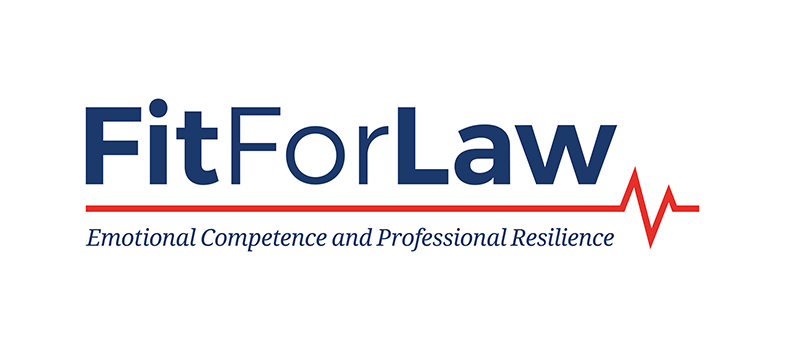3.1 Communicating about difficult issues
This section includes:
- Explanatory text
- 1 video.
You should allow yourself 10 minutes to complete this section.
If you aren’t able to take on a role or task, or cannot agree to something else that is asked of you, for whatever reason, it can have a significant emotional impact. It can lead to feelings of guilt, worry and anxiety, as well as a sense of embarrassment. For example, imagine you are a legal executive in a personal injury department and your manager asks you to undertake a residential conveyance for a client as a personal favour. You may feel anxious that refusing will affect your annual appraisal or promotion prospects or you may feel guilty about “letting down” a colleague. You may even feel that admitting you don’t know your leasehold from your elbow (!) is a sign of weakness.
There is evidence from legal professionals that admitting to issues around mental health and wellbeing, or indicating that these may affect your work, can also lead to a strong sense of stigma and shame or be interpreted as a sign of weakness.
“I think a lot of lawyers won’t want to talk to their line manager or somebody. You know, why would you admit that?... They might see it as a weakness; they may not necessarily understand the problem.”
It is important to identify and understand these emotional responses and to assess whether these are grounded in reality or whether they are being magnified or skewed because admitting issues or limitations is something that you find difficult, or that your legal training has led you to believe it is not something that legal professionals do. When you have had time to reflect on this, it can also be very useful to plan your communication strategy carefully. The following questions (adapted from Holmes, 2015, based on the Giving Voice to Values curriculum) can help with this:
- What factors/approaches have enabled you to communicate issues or limitations in the past?
- Whose interests are affected (and how) by what you are going to say?
- Who are you going to communicate with, how and in what context?
- What is putting you off communicating your issues or limitations?
- How might you reframe the issue so that you feel more likely to act (bearing in mind the factors/approaches that have helped in the past)?
- What might happen if you do not communicate this information?
- How might not communicating affect you and any other parties involved?
- What are the possible responses of the person you are communicating with, and what would the motivation be for these?
- What are the most powerful and persuasive responses you can think of to use?
When you have thought about these questions, take any opportunity you can to practice what you want to say with family, friends or a supportive work colleague. This will give you confidence that you can communicate clearly and also help you to regulate your emotional responses to the situation. This video of Senior Lecturer in Mental Health, Dr Mathijs Lucassen, provides you with some practical tips on regulating your responses.
Regulating your emotional responses

Transcript
Dealing with this type of situation effectively will also help develop your professional resilience as you begin to become more comfortable with communicating in this way and ensuring your needs are acknowledged.
3. Knowing your limitations
